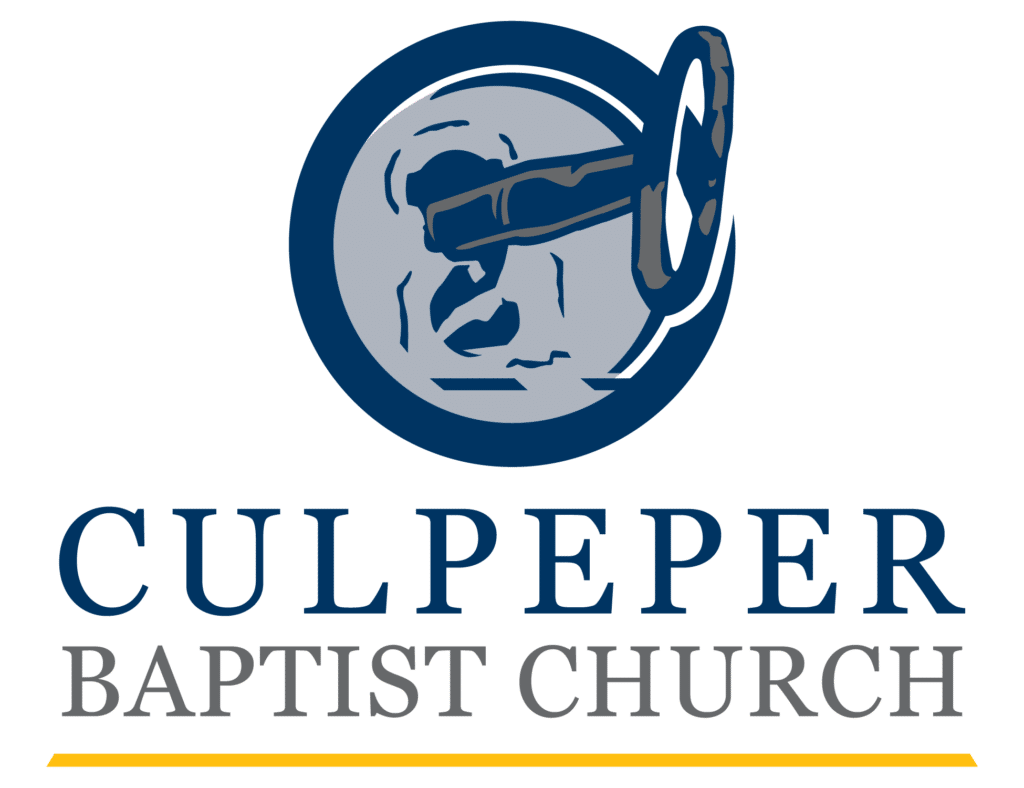Learning How To Pray
Before We Gather by Zach Hicks
| Scripture
Read Matthew 6:7-13
| Devotion
One of the most enduring metaphors for gathered worship is this: worship is a dialogue between God and his people. God speaks, we reply. Repeat. Nearly every element of worship could fit into one of the two categories of God’s revelation or our response. When you think about it, this means that a worship service is, from top to bottom, one long prayer session. We may not intuit this because it seems like only certain portions of the service are dedicated to what we formally think of as prayer (like when a minister leads us in prayer or when we all engage in a corporate prayer-reading). But if worship really is a dialogue, this means that even the elements that don’t appear to be prayer are indeed prayer.
Think about it: a worship song or hymn is nothing but a corporate prayer of the people intoned with a melody. A sermon is a time when God speaks and all of us, including the preacher, listen. Communion is a time when God communicates his love to us, and we receive it. Reading Scripture is a prayerful listening to the voice of God.
We should pay attention, therefore, to that moment when Jesus taught us to pray, because when he was teaching us to pray, he was teaching us to worship. The two words “Our Father” are full of meaning for us. “Our” means that worship is a communal event, or as one pastor once said, “Worship isn’t just Jesus and me, it’s Jesus and we.” When we are invited to address God as Father, Jesus is telling us that we can expect to experience a certain intimacy in worship-the kind of closeness a dependent child feels with a loving, tender, and available parent. And when “Our Father” is put together, Jesus is telling us that as we worship, we’re worshiping alongside, even in, Jesus’ own prayers as the Son of God (Heb. 2:12: Ps. 22:2), through the power of the Holy Spirit. Jesus worships with us, serving as our guide, our aid, even our substitute.
That the God we worship is “in heaven” tells us that when we worship, we can expect somehow to be connected to and drawn into what’s happening there. Worship is what some have called a “thin place,” where the membrane between the earthly and the heavenly is stretched so much that you can almost see through to the other side. We’re reminded of our future and of where we’re headed. We’re reminded that we’re caught up in the worship already happening in heaven-the praise reverberating from the angels, the saints, and even our own loved ones who have died in the Lord.
“Hallowed be thy name” clues us in that we can expect to be overwhelmed by one of God’s dominant attributes- His holiness. We should anticipate encountering God to such a degree that we will feel his greatness and our smallness, his supreme worth and our unworthiness. So we can certainly expect to praise him, but we can also expect to confess to him. “Thy kingdom come, thy will be done on earth as it is in heaven” tells us that worship will shape us. It will make us future-minded people, giving us the kind of long- ing for God’s future reign, peace, and justice that will translate into action and activity once we leave the gathering.
“Give us this day our daily bread” shows us that in worship we can expect to bring our needs and neediness, and that God will address those things in concrete and tangible ways. He will renew his promises to be faithful as our provider for each and every thing without which we can’t live.
“Forgive us our trespasses” leads us to expect that God will touch us with the balm of his forgiving grace through the gospel of Jesus Christ. It pushes us to embrace the expectation that the Holy Spirit will open up a fresh hearing for us of “Christ and him crucified” (1 Cor. 2:2). “As we forgive those who trespass against us” reveals worship’s prophetic role in propelling us toward a radical reconciliation with those from whom we’ve been alienated. The gospel purchases for us a freedom to forgive endlessly (Matt. 18:21-22).
“Lead us not into temptation, but deliver us from evil” warns us that worship is a battlefield, because the enemy hates God’s praise more than anything (Matt. 4:8-10). We can expect to be tempted away from full engagement in worship in a multitude of ways-distraction, unbelief, disunity, and arrogance.
Who knew that worship was so rich? And who knew we would encounter all this in the short prayer our Lord taught us to pray? Well, Jesus did. And it’s only fitting that as we prepare to enter into this long prayer session known as gathered worship, we muster our expectations of all it can be by praying for it together.
| Prayer
Aim your prayers in this direction:
- Pray that the richness and fullness of this vision of worship from the Lord’s Prayer will be realized in your service today
- If any particular aspects of worship and prayer stood out to you, pay attention to that prompting of the Holy Spirit by offering more attention in prayer about those things.
- Pray that, over the weeks, months, and years, your congregation can grow as individuals and as a body in this full-orbed vision, especially in the areas that are weak, lacking, and neglected.


